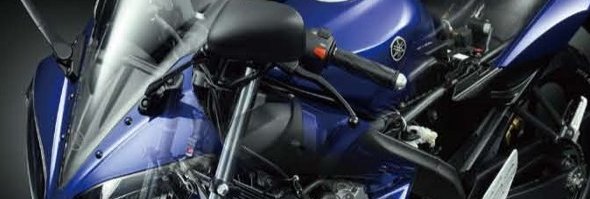The simple answer is MONEY. Because you're not buying anything physical, this kind of trading can be confusing.
Think of buying a currency as buying a share in a particular country, kinda like buying stocks of a company. The price of the currency is a direct reflection of what the market thinks about the current and future health of the Japanese economy.
When you buy, say, the Japanese yen, you are basically buying a "share" in the Japanese economy. You are betting that the Japanese economy is doing well, and will even get better as time goes. Once you sell those "shares" back to the market, hopefully, you will end up with a profit.
In general, the exchange rate of a currency versus other currencies is a reflection of the condition of that country's economy, compared to other countries' economies.
Major Currencies
Major Currencies
Currency symbols always have three letters, where the first two letters identify the name of the country and the third letter identifies the name of that country's currency.
Take NZD for instance. NZ stands for New Zealand, while D stands for dollar. Easy enough, right?
The currencies included in the chart above are called the "majors" because they are the most widely traded ones. We'd also like to let you know that "buck" isn't the only nickname for USD.
Think of buying a currency as buying a share in a particular country, kinda like buying stocks of a company. The price of the currency is a direct reflection of what the market thinks about the current and future health of the Japanese economy.
When you buy, say, the Japanese yen, you are basically buying a "share" in the Japanese economy. You are betting that the Japanese economy is doing well, and will even get better as time goes. Once you sell those "shares" back to the market, hopefully, you will end up with a profit.
In general, the exchange rate of a currency versus other currencies is a reflection of the condition of that country's economy, compared to other countries' economies.
Major Currencies
Major Currencies
| Symbol | Country | Currency | Nickname |
| USD | United States | Dollar | Buck |
| EUR | Euro zone members | Euro | Fiber |
| JPY | Japan | Yen | Yen |
| GBP | Great Britain | Pound | Cable |
| CHF | Switzerland | Franc | Swissy |
| CAD | Canada | Dollar | Loonie |
| AUD | Australia | Dollar | Aussie |
| NZD | New Zealand | Dollar | Kiwi |
Currency symbols always have three letters, where the first two letters identify the name of the country and the third letter identifies the name of that country's currency.
Take NZD for instance. NZ stands for New Zealand, while D stands for dollar. Easy enough, right?
The currencies included in the chart above are called the "majors" because they are the most widely traded ones. We'd also like to let you know that "buck" isn't the only nickname for USD.





0 comments:
Post a Comment